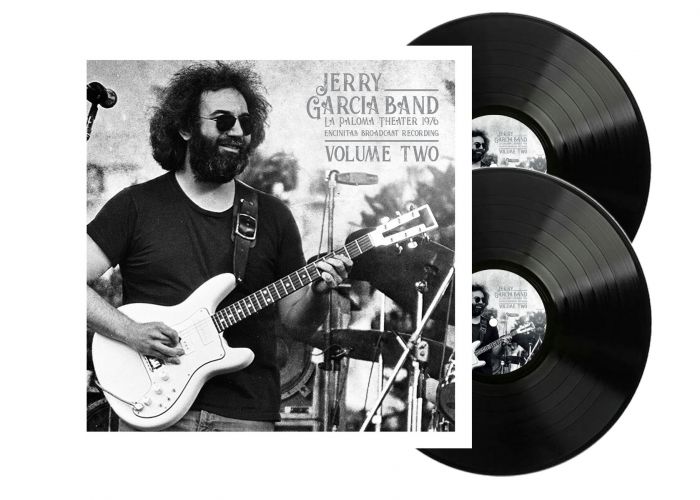
It was so much inside of him that he wanted to write this song directly at Levon to let him know how much this he liked Things meant. I went to Robbie and asked him:" How did that get out of you? And he just said that he after being with Levon for so long in his life and being in this place at the time. Jonathan Taplin (among others in the management of The Band ) recalls in an interview with the music critic Robert Palmer for Rolling Stone : ". " the reason for choosing the backdrop was from Arkansas native Levon Helm. it seems primarily a character study of one of the many soldiers who risked their lives in the name of fighting for what they believed in, no matter how right or wrong, and the devastating effects such conflicts, regardless of which side wins.

Robertson leaves it in his text to tell the story of Virgil Caine without evaluating it, the American Civil War is only a backdrop. His older brother was also a soldier and was killed by a Yankee when he was only 18 years old ("He was just eighteen, proud and brave, But a Yankee laid him in his grave."). Despite everything, the pain of defeat is still deep (“But they should never have taken the very best.”) In the third verse we learn that he comes from a family of farmers. The mention of Lee here acts as a symbol for the expected resurrection of the south.Ĭaine portrays himself as a man who does n't mind hard work and bad earnings ("Now I don't mind choppin 'wood, and I don't care if the money's no good."). Lee, who for many white southerners is still considered a hero who only lost due to unfortunate circumstances. Caine is back with his wife in Tennessee when she believes one day she is seeing Robert E. The second verse takes place after the end of the war. Caine looks back on the suffering among his comrades in the winter of 1865 ( "In the winter of '65, we were hungry, just barely alive." ), On the case of Richmond, which heralded the end of the war, and the day of the capture of Jefferson Davis. The war between the northern and southern states has often been referred to as fratricide.Ĭaine was on the Danville - Richmond railway, one of the central supply lines in the south, until it was destroyed by the cavalry troops of George Stoneman.

The English-language name Caine stands for the biblical Cain, who slew his brother Abel and was cast out by God for it. The narrator introduces himself as Virgil Caine, a soldier in the Confederate Army of General Robert E. The song became part of the ideology of the pseudo-historical myth The Lost Cause.

He describes the pain of defeat, but also the unbroken pride of the losers. The text of The Night They Drove Old Dixie Down (meaning: The night in which the Old South was buried ) deals - even if not always historically exact in details - with the end of the Civil War and the time afterwards from the perspective a white member of the southern states (also popularly called Dixieland ).


 0 kommentar(er)
0 kommentar(er)
